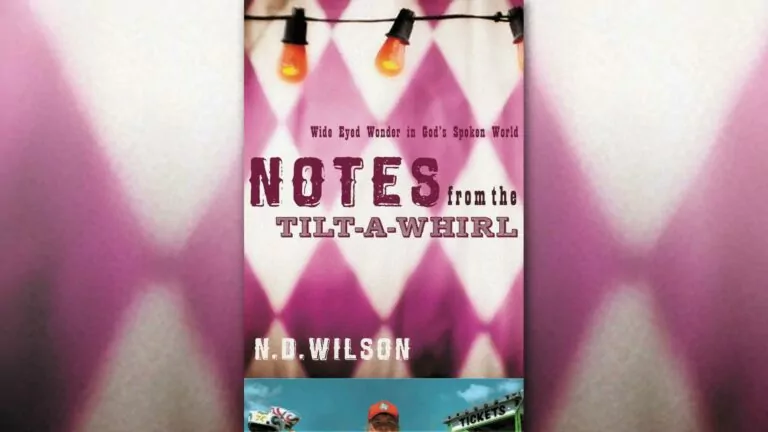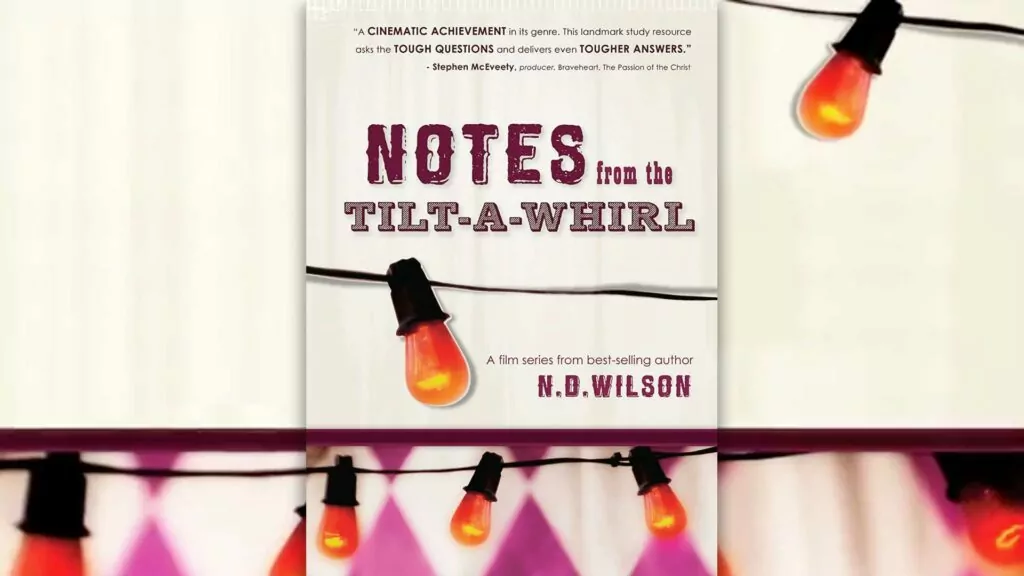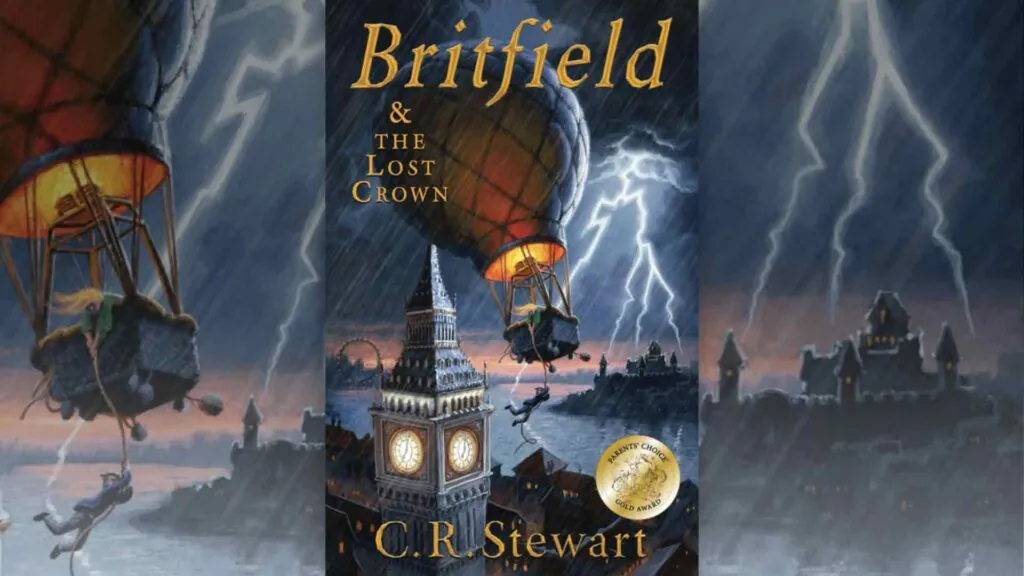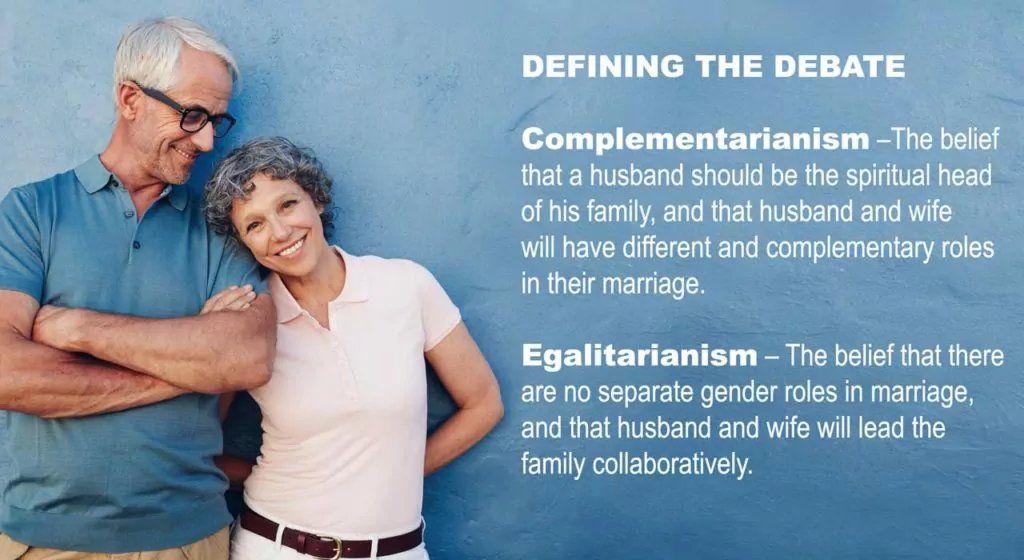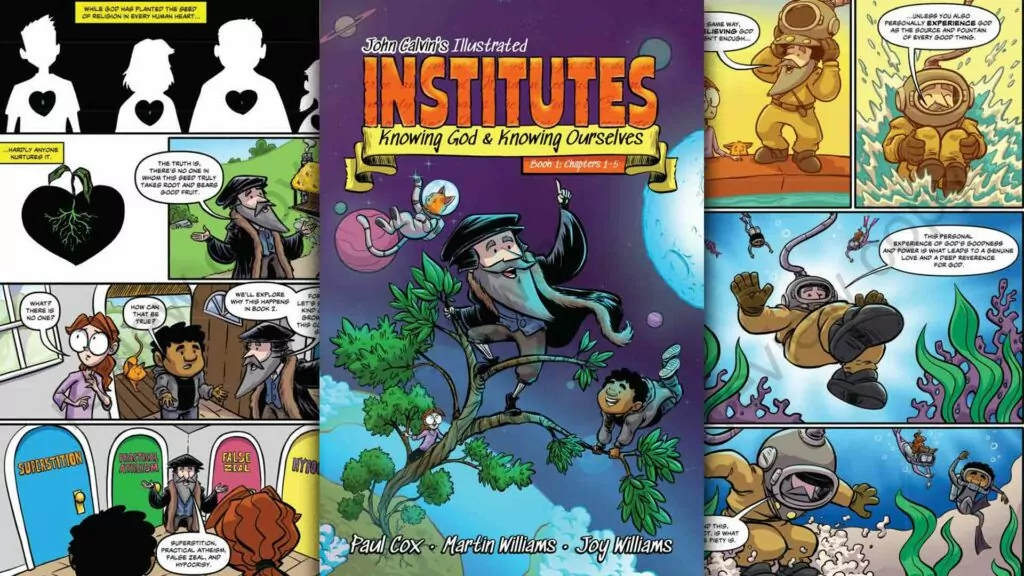Wide-Eyed Wonder in God’s Spoken World
by N. D. Wilson
2009 / 203 pages
Rating: Good/GREAT/Gift
The world is a wild ride, isn’t it?
The fun starts already in the title of N. D. Wilson’s book. Those of you who have ridden the Tilt-a-Whirl will recognize the analogy to our own spinning planet with an axis that is 23.5 degrees off the vertical.
Of course, the world is not just physically askew; it is off-kilter in just about every way you can think of. The presence of evil in the world is the argument that is typically thrown at Christians whenever we affirm God’s claims on all of us. Wilson makes some important points throughout his book that undo (or cut through) this Gordian knot.
First, he asserts that evil is not a “thing,” not a noun; rather, it is an adjective describing that which displeases God. Because He is good, whatever displeases Him is evil. Secondly, in response to those who then wonder why the world is still such an unpleasant place, Wilson does not use the oft-quoted answer that this is the best of all possible worlds; rather, he says, this is the best of all possible masterpieces, the best of all possible stories – and we are not, in our egocentricity, the best of all possible critics.
Rather than setting ourselves up as critics of God’s story, Wilson insists, we need to learn to be good characters – to approach life with wonder, to laugh at ourselves and our often gloriously ridiculous place in the story – to glorify the Author, rather than to try to rewrite His work.
What makes Wilson’s work so amusing is that he is willing to follow his own advice. To give just two examples:
- When Wilson’s son gets his wish of having a butterfly land on him, but Wilson warns him that “lightning does not strike twice” – that the butterfly will not be coming back, Wilson enjoys how God makes a fool of him by sending the butterfly to land on his son’s shoulder a second time.
- Wilson laughs just as much when he trips over the step that he is sure must have moved as he does when the seeming squashed frog inexplicably springs back to life.
In the end, Wilson reminds us that it is the end that we have to cope with – our own earthly end, and the end of all current earthly things when the Author (the same one who became a Word in His own story) returns to wrap up the current chapter with His judgments on His cast of characters.
This is far too brief a look at a book that spends as much time mocking Christian sentimentality as it does attacking atheist defiance of our Author, but if Wilson helps you better understand and cope with our crazy, tilted world, you’ll want to check out his documentary of the same name!







